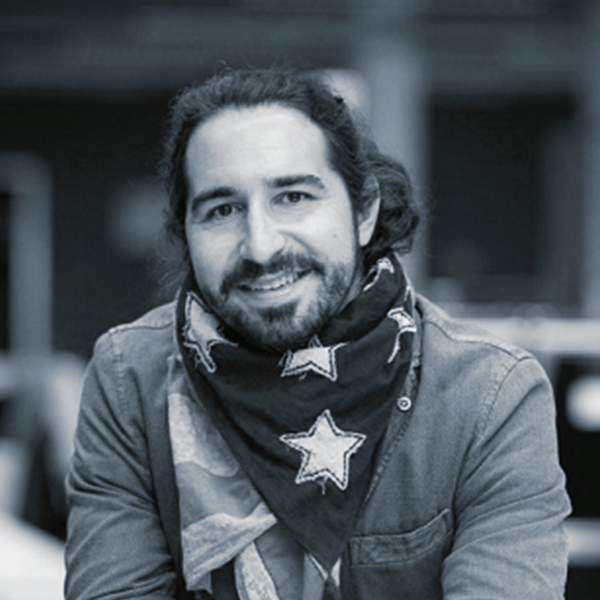
Richard Kueng
Professor for Computing Technologies
Johannes Kepler University
Richard Kueng is full professor for Computing Technologies at the Johannes Kepler University Linz, Austria. As of 2024, he’s also an elected member of the young wing of the Austrian Academy of Sciences.
Born and raised in the vicinity of Linz, Richard Kueng pursued his academic studies from 2007 to 2012 at ETH Zürich, Switzerland. After completing a BSc in Interdisciplinary Sciences and a MSc in Physics (top of his class), he started his doctoral studies at the University of Freiburg, Germany. With an academic exchange at the University of Sydney in-between, he completed his doctorate at the University of Cologne in 2016 (summa cum laude). After brief postdoc appointments in Cologne and Berlin (Free University), Richard Kueng joined the California Institute of Technology. From 2017 to 2020, he held a joint research position at both the Institute for Quantum Information and Matter (IQIM) and the Department of Computing and Mathematical Sciences (CMS). In 2020, Richard Kueng returned “home” to Linz and is currently associate professor (tenured) at the Department of Computer Science at the Johannes Kepler University Linz.
Richard Kueng pursues an interdisciplinary research agenda at the interface between computer science (algorithms & computational complexity), physics (quantum information & quantum technologies) and applied math (convex geometry & high dimensional probability theory). Broadly speaking, he aspires to develop efficient and simple solutions for important algorithmic challenges that also come with rigorous performance guarantees. Concrete examples are efficient subroutines for quantum and classical data processing, as well as (convex) optimization. Applications in optics, wireless communication, the math of voting and electronic design automation are also within his portfolio.
Together with Hsin-Yuan Huang and John Preskill (both at Caltech), Richard Kueng developed the classical shadow formalism – an efficient quantum-to-classical conversion procedure that has made a lasting impact on quantum computing technologies.
As an academic, Richard Kueng has worked at a total of 9 academic institutions spanning 3 continents. Since 2014, he contributed more than 50 scientific articles – most of which have been published in prestigious journals and conference proceedings, Science, Nature Physics, Physical Review Letters and many more. He received several awards for his academic track record, e.g. the ETH Zürich Willi Studer Prize (2013), the GECCO Human competitive results award (2017), the Quantum2Business applied NISQ computing paper award (2021) and the Kardinal Innitzer Prize (2022). Richard Kueng has also been an associate editor for Quantum, serves in the technical programme committee for leading quantum conferences, evaluates proposals for the European Union, values academic teaching (excellent evaluations throughout) and has close ties to quantum industry (amazon science, Google Quantum AI, IBM Quantum, Alpine Quantum Technologies).
In 2023, Richard Kueng received both an FWF START award (acceptance rate: ~8%) and an ERC Starting Grant (acceptance rate: ~14%) for the project q-shadows: scalable quantum-to-classical converters.



